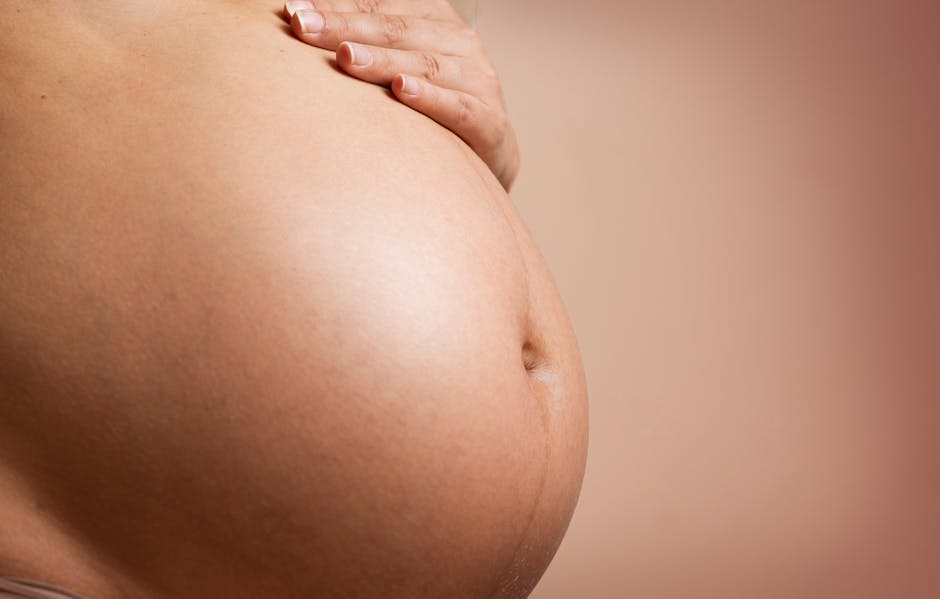If you're pregnant, you've probably noticed that your food cravings have taken on a life of their own. One minute you're craving chocolate-covered pickles, and the next you're downing bowls of plain oatmeal. What's the deal?
Well, there's no one-size-fits-all answer to this question. Food cravings during pregnancy vary from woman to woman, and they can change from day to day. However, there are a few general trends that have been observed.
**First trimester cravings**
During the first trimester, many women crave foods that are high in carbohydrates and fats. This is because your body is working hard to create a placenta and support the growth of your baby. Some common first-trimester cravings include:
* Breads
* Pasta
* Rice
* Potatoes
* Sweets
* Fatty foods
**Second trimester cravings**
As you enter the second trimester, your cravings may start to change. You may find yourself craving more fruits and vegetables. This is because your body is now starting to produce more blood, and it needs vitamins and minerals to support this process. Some common second-trimester cravings include:
* Fruits
* Vegetables
* Dairy products
* Lean protein
**Third trimester cravings**
During the third trimester, your cravings may become even more intense. This is because your body is preparing for labor and delivery. Some common third-trimester cravings include:
* Ice cream
* Chocolate
* Spicy foods
* Salty foods
* Sour foods
**What do my cravings mean?**
While there's no definitive answer to what your cravings mean, there are a few theories. Some experts believe that cravings are your body's way of telling you what nutrients it needs. For example, if you're craving red meat, it could be a sign that you're low on iron.
Other experts believe that cravings are simply a matter of taste. As your hormones fluctuate during pregnancy, your taste buds may change, making you crave foods that you wouldn't normally eat.
**Should I indulge my cravings?**
If you're craving something, it's generally okay to indulge in moderation. However, it's important to make sure that you're also eating a healthy diet that provides all the nutrients you and your baby need.
If you're having trouble satisfying your cravings, talk to your doctor. They can help you develop a healthy eating plan that will meet your nutritional needs.
**Here are a few tips for dealing with pregnancy cravings:**
* Eat small, frequent meals throughout the day. This will help to keep your blood sugar levels stable and prevent cravings.
* Drink plenty of fluids. Dehydration can make cravings worse.
* Get enough sleep. When you're tired, you're more likely to give in to cravings.
* Exercise regularly. Exercise can help to reduce stress and improve your mood, which can help to curb cravings.
* Talk to your partner, friends, or family about your cravings. They can offer support and encouragement.
**Pregnancy cravings can be a fun and challenging part of pregnancy. By understanding what they mean and how to deal with them, you can make the most of this unique experience.**

